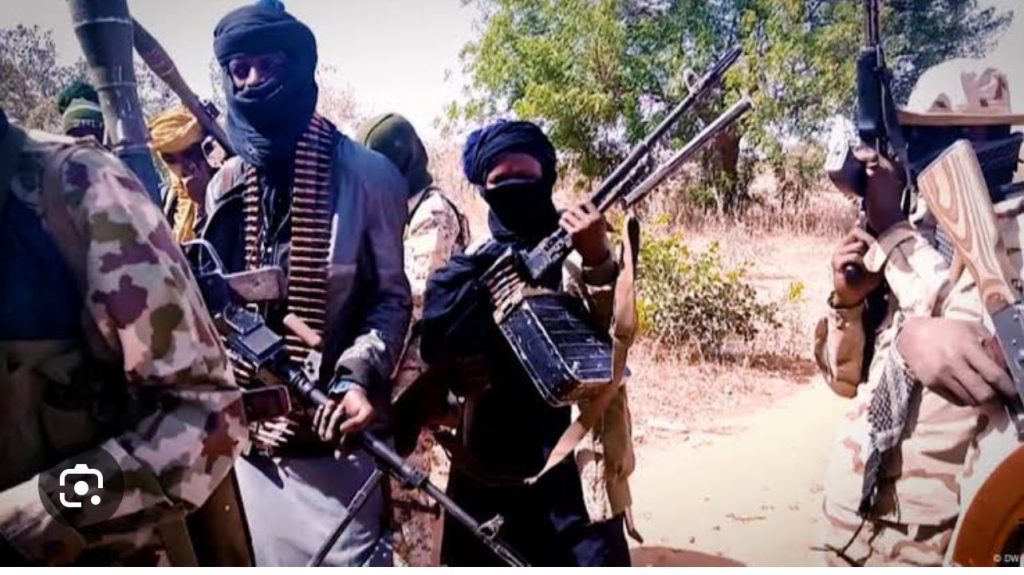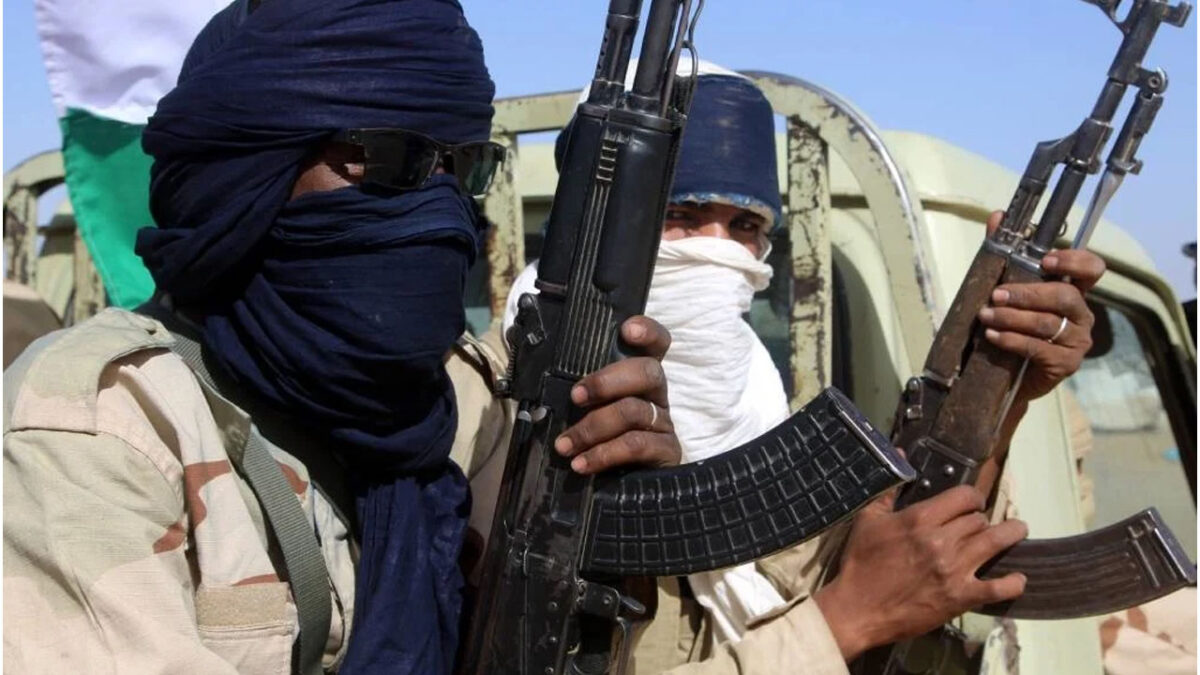More than 100 bandits were killed earlier this week in northwest Nigeria during a major assault led by a government-backed militia, according to a senior state official.
The attack took place in Zamfara state, a region that has suffered for years from escalating violence at the hands of heavily armed groups known locally as “bandits.” These gangs, primarily driven by profit rather than ideology, have frequently targeted remote communities, carrying out mass killings and kidnappings for ransom with little effective state intervention.
Ahmad Manga, the security adviser to the Zamfara state governor, confirmed that the offensive was launched by the Zamfara Civilian Protection Guard (CPG) and targeted the base of Bello Turji, one of the region’s most notorious gang leaders. The operation reportedly resulted in a fierce, prolonged shootout.
According to Manga, the vigilante force was supported by Nigeria’s Department of State Services (DSS) and allied militia fighters brought in from Borno state—a region in the northeast where local militias are known to collaborate with the military in battling insurgents.
The joint force stormed Turji’s hideout in Shinkafi district, killing over 100 of his fighters, Manga said. The raid was led by Bashari Maniya, a former gang member who had since aligned himself with government forces. Manga said the mission’s objective was to capture or eliminate Turji.

A separate security source, who also confirmed the incident, said Turji had received advance warning and summoned reinforcements from other bandit camps, making the confrontation particularly bloody. “The death toll on the gang’s side is significant,” the source said, though an exact number was difficult to confirm. At least 20 militia members and vigilantes, including Maniya, were killed in the clash.
In a video circulating online, Turji appeared surrounded by his fighters, celebrating the death of several vigilantes. He was seen identifying one of the corpses as Maniya, suggesting the ex-bandit-turned-militia leader died in the attack.
Violence linked to banditry in Nigeria has its roots in long-standing disputes between nomadic herders and farming communities over land and water. But it has since morphed into a wider conflict, aggravated by widespread arms trafficking and increasingly close ties between bandit groups in the northwest and insurgents in the northeast.
Turji, now 31, reportedly turned to criminal activity in 2011, abandoning cattle herding in his hometown of Shinkafi to engage in cattle theft and ransom kidnappings. Over the years, he has built a reputation for ruthlessness across Zamfara and neighbouring Sokoto state.
Despite repeated peace deals struck with the Zamfara state government, Turji has consistently reneged on his commitments. In a 2021 video that circulated widely, he threatened to invite foreign armed groups to undermine the Nigerian state. That same year, he narrowly escaped a military air raid that killed his brother and several relatives, surviving yet another targeted operation.
Authorities remain concerned over the growing convergence between bandit groups like Turji’s and militants operating in the country’s northeast, which analysts warn could worsen Nigeria’s already fragile security situation.


 Trending
Trending 